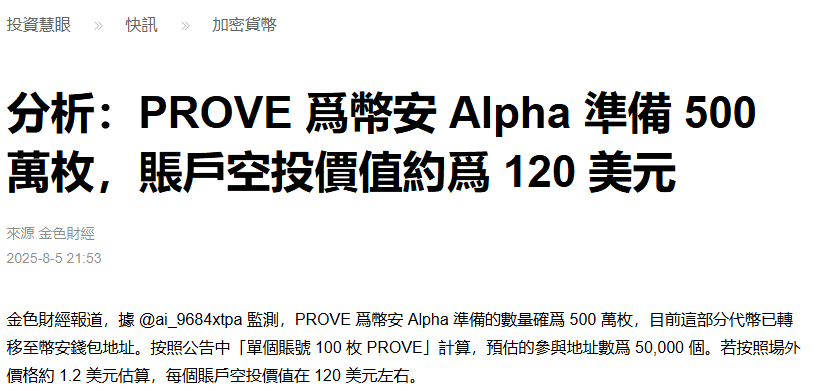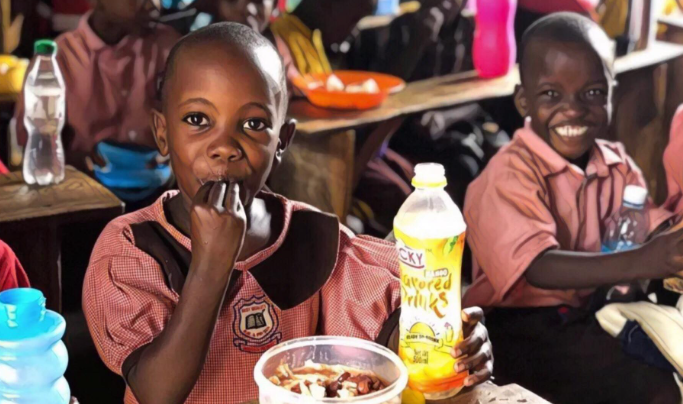'This move by Binance is simply a nuclear-level operation in the charity sector!'
While traditional charity is still following the old path of 'donate money - intermediary - receive funds', Binance directly airdropped $1.2 million worth of BNB into disaster victims' wallets — no middleman profit, no risk of fund misappropriation, and victims can receive 'emergency funds' just by swiping their phones. This operation not only refreshes the gameplay of charity but also makes BNB a 'disaster relief token'; wouldn't you say that's impressive?

Qingyao's perspective: Binance's 'open strategy' is deeper than you think.
On the surface, it looks like disaster relief, but behind it is all calculation. Refer to Binance's 'Blockchain Children's Lunch' project in Uganda in 2019 — directly giving digital wallets to 4,500 students, which led local suppliers from suspicion to actively promoting digital currency payments. Binance managed to turn charity into ecological expansion. This airdrop in Taiwan is essentially Binance playing 'compliance marketing': with global regulators cracking down on the crypto industry, it insists on linking BNB with 'disaster relief', shaping the persona of a 'responsible enterprise' to alleviate pressure from institutions like the SEC.

Is BNB's price about to 'sit on a rocket'?
Currently, BNB is priced at $769, but the recent upward momentum has weakened. This airdrop may temporarily increase market supply, but it's more likely to trigger a 'moral premium' — investors feel that 'buying BNB = doing charity', which could lead to increased demand and the price possibly breaking through the resistance level of $773, even challenging the historical high of $859! However, be careful, as the influx of airdrop tokens into the market may lead to profit-taking pressure, and short-term volatility is inevitable.
Charity may become a 'standard configuration' for crypto projects.
In the future, project parties wanting to mix in the crypto space may need to first prove their 'social value'. Just like Binance this time, the airdrop has directly upgraded from a 'marketing tool' to an 'entry threshold'. BNB is no longer just a 'platform token', but may become a true 'universal digital currency' — usable for disaster relief, for purchasing goods, and in the future, even governments may accept it to issue subsidies!
Is Binance's operation sincere or just a ploy?
Do you think Binance is a 'philanthropist' or a 'marketing genius'? It uses blockchain technology to solve the pain points of traditional charity, which is indeed innovative; but is leveraging disaster relief to advertise BNB considered 'opportunistic marketing'? Regardless, this move has already put BNB in the spotlight.
The final soul-searching question: If the next airdrop target changes to a disaster in your hometown, would you support BNB? See you in the comments!
(Follow Crypto Qingyao, next issue will dissect: How Binance used a packet of instant noodles to get global regulators to give it a 'green light'!)#比特币流动性危机
